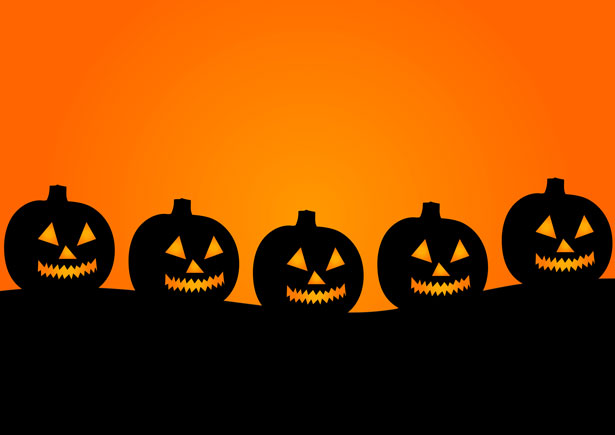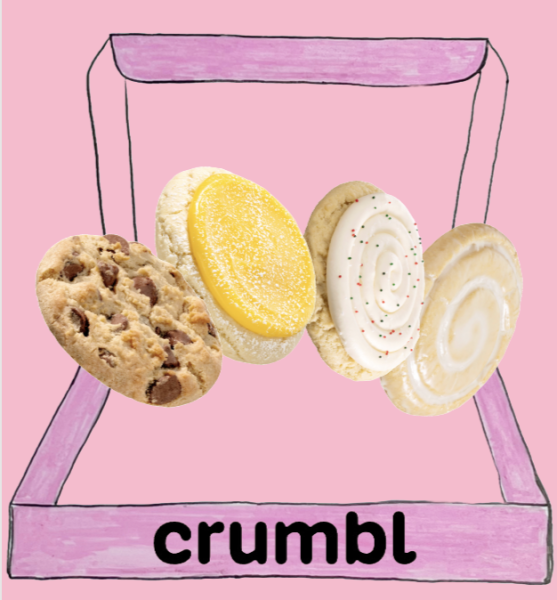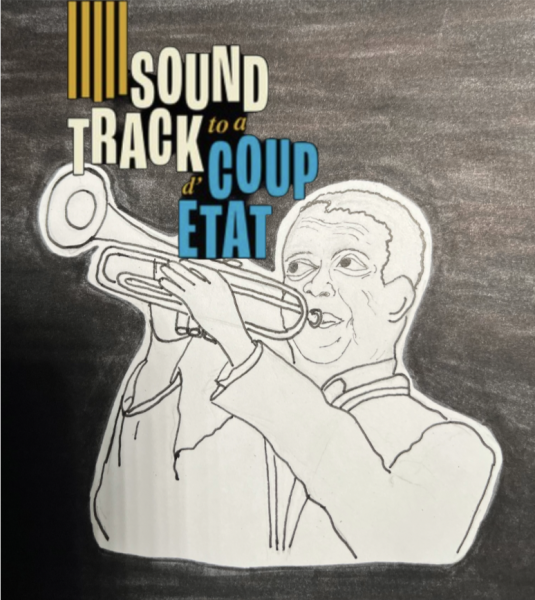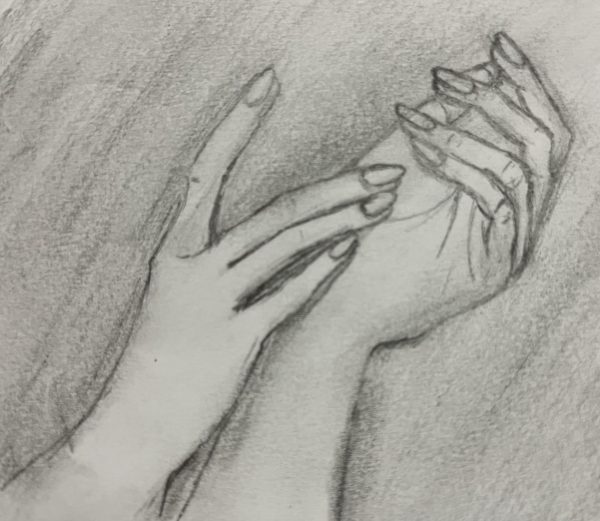Demystifying Halloween
Widely known as a holiday celebrated on the evening of October 31st, Halloween, for most people, is all about scaring others, dressing up, trick-or-treating, going to parties, and spending time with friends. But where did this holiday, that is celebrated in more and more countries every year, come from? And what does it stand for?
At UNIS, we also dive into the Halloween festivities every year. In Tut House, people are allowed to dress up, and there’s even a contest in which high school students and teachers compete for a candy prize for the best costume. All kids can agree that Halloween is a fun holiday, no matter what your plans for the night are. But how many really know the origin of Halloween? When asking 10 high school students at UNIS if they knew what Halloween comes from and symbolizes, eight didn’t know the answer, and two gave an answer that only scratched the surface.
To answer the question, Halloween is a big mix of different cultures and religions that make it the holiday it is today. Halloween can be traced back all the way to the festival of Samhain, a Celtic holiday that was almost like what New Year’s Eve is for people nowadays. This is because according to Celtic calendars, the new year started on the 1st of November. They believed that on the night of the 31st of October, the souls of dead people would come back to their families, and the souls of people who passed away that year would journey to the other world. Often people didn’t want to be seen by spirits, so they would dress up as different creatures, which is the main reason that we associate Halloween with costumes.
The Romans also had an influence on Halloween, because when they conquered the Celts, they mixed the festival of Samhain with some of their traditions which were about the harvesting of crops and the people that passed away.
The Catholic Church, along with the Romans and Celts, played a big role in influencing Halloween and making it into the holiday it is today. In the Catholic Church, November 1st was made All Saints Day, and so the evening before was called All Hallows Eve, which is very similar to what we call Halloween now. However, during the Protestant Reformation, Halloween was not allowed to be celebrated in most countries because it was directly tied to the Catholic Church. Halloween was also forbidden for American Colonists; however, they also started festivals about harvest and other aspects of Halloween.
Finally, when immigrants came to the United States, including the Irish with their Celtic traditions for October 31st, different festivals and ideas merged together to make Halloween into the holiday it is today.
Even though Halloween is influenced by so many cultures and religions, we don’t associate it with anything religious. Maybe that’s also a reason for its success, because everybody can celebrate it. However, next time you come home with your plastic bags filled with Halloween candy, thank the Celts, Romans, American Colonists and the Catholic Church for the sugar rush you’re about to get.

Hello! My name is Lude and my pronouns are she/her. I'm in the class of 2023 and I've been at UNISVerse since T1. My favorite articles to read, write,...










